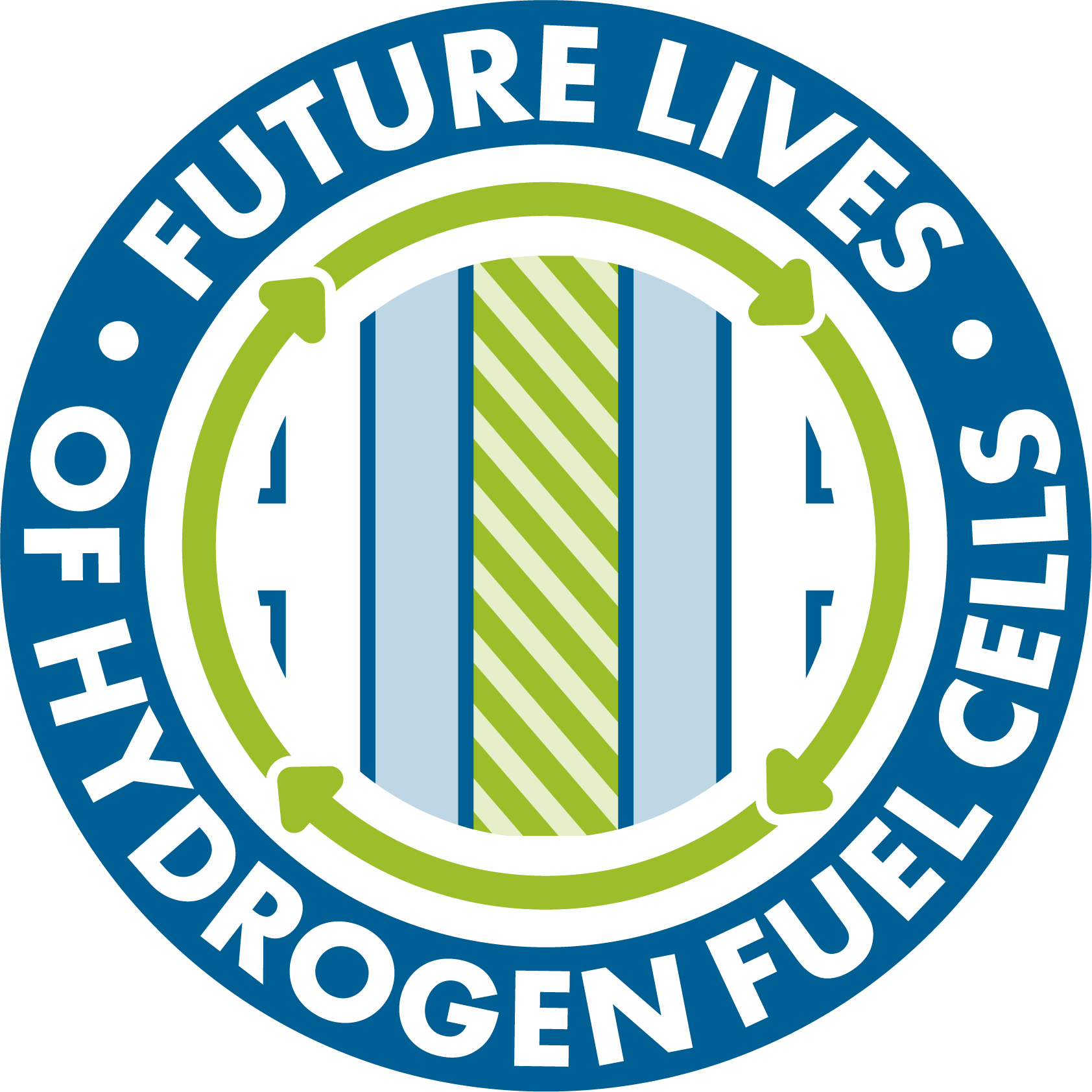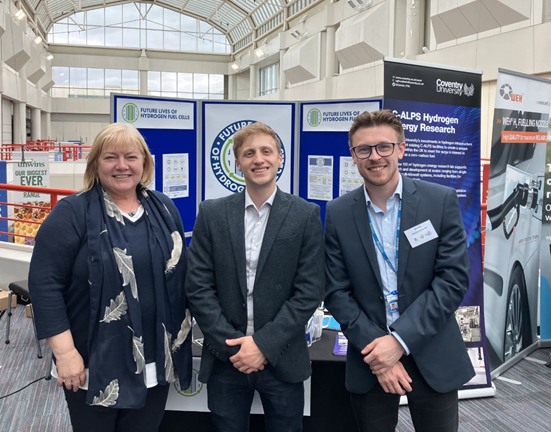Restorative Business Models for the Automotive Sector and Beyond: Developing a predictive maintenance industrial symbiosis
Funders
UKMSN+ UK Manufacturing Symbiosis Network Plus
Coventry University Team
Dr Helen Roby, Professor Alexeis Garcia Perez, Professor Sally Dibb and Dr Claire Brewis.
Duration
1st August 2021 – 1st December 2022
Value to Coventry University
£77,600
Total Value
£97,000
Collaborators

Project Overview
Hydrogen fuel cells (HFC) are a clean, reliable, quiet, and efficient source of high-quality electric power. Although HFCs use mostly hydrogen gas as their input fuel, they have a complex life cycle that starts from the extraction of raw materials through to manufacturing, operation and ultimately disposal. The cost and environmental impact of such a process calls for the use of Circular Economy practices in the applications and end-of-life treatment of HFCs to maximise their useful life. Cells that have reached the end of their useful life in their original application can be transferred to other applications and sectors with lower energy requirements or less intense usage patterns.
With that aim, a consortium of HFC stakeholders covering the business, engineering, applications and circular economy dimensions, focussed on exploring the future lives for HFCs first used in the automotive settings. A data-driven approach was developed to allow for the early detection of signs of degradation in fuel cells and the evaluation of their remaining useful life. Combined with an understanding of power requirements from other sectors, this approach informed new business models, whereby HFCs could be given new uses to prolong their useful life. These business models have the potential to save costs and generate revenue from waste streams.
Project Objectives
- To undertake a feasibility study for a predictive maintenance model for automotive hydrogen fuel cells.
- To identify the potential for extended lives and to reuse these fuel cells in stationary applications, such as domestic heat and power, industrial and commercial back-up generation and remotely located generation.
- To identify the associated restorative cross-sector reuse mechanisms that maximise the value of the fuel cells and the materials within them.
Key Findings
Through key informant interviews and two workshops, it was possible to narrow down the most feasible future lives of HFCs. These lives are most likely to be in static uses to replace diesel generators. Two main markets were identified for HFC generators i) local authorities and ii) the medical sector. In local authorities, street market stalls were identified as the main potential use for these generators, but other possible uses include: to power remote applications, including security cameras, temporary traffic lights and environmental monitoring. In the medical sector, replacing diesel generators in mobile or semi-mobile buildings, such as medical cabins. The use of HFC generators offers a quiet and clean alternative to diesel generators. Both major advantages in a medical or market settings, particularly around food.
Data driven tool to show the degradation and future lives of HFCs
The project team developed a prototype software tool that uses a machine learning model to estimate the remaining future useful life of a hydrogen fuel cell stack in a number of secondary applications. The results are visualised interactively to aid decision makers in identifying future lives of the HFCs.
Impact Statement
As a feasibility study, impact is still in its very early stages. Engagement with stakeholders has begun through key informant interviews, two workshops and a stand at the ‘Hydrogen Here and Now’, 2022 conference. Findings from the project have helped support project partner, Microcab, to diversify their product offering. As networks with relevant stakeholders are built, future plans are to take this interest in static generation further.
Outputs
- Hydrogen and Fuel Cells 2021 - The Time is Now Conference, November 16th 2021, NEC Birmingham, attended by teams members for information gathering and networking.
- Hydrogen Here and Now Conference 2022, June 28th 2022, NEC Birmingham. The project team had a ‘Future Lives of Hydrogen Fuel Cells’ stand. The purpose of the stand was to present information on the project to those in the hydrogen sector, and to stimulate discussion on repurposing automotive fuel cells in other sectors/ applications.
- Wilberforce, T. Alaswad, A. Garcia-Perez, A. Xua, Y., Ma, X. and Panchev, C. 2022. Remaining useful life prediction for proton exchange membrane fuel cells using combined convolutional neural network and recurrent neural network. International Journal of Hydrogen Energy. https://doi.org/10.1016/j.ijhydene.2022.09.207
- Roby, Helen; Dibb, Sally. Future Lives of Hydrogen Fuel Cells – Developing Business Models. Submission of paper to PLATE 2023 Conference, Finland.
- Brewis, Claire and Dibb, Sally. Coventry University QR funding of £9,286 was awarded to support the development of marketing materials to promote the project. A video and professionally produced leaflet (Appendix 1) were produced and have been disseminated and used at events.
- Two workshops one at Aston University (April 2022) and one at Coventry University (September 2022) brought stakeholders together to discuss future life HFC applications as part of the project.

Dr Claire Brewis - CBiS, Jake Harding - Oakdene Hollins, Dr Will King - CBiS, at the Hydrogen Here and Now Conference 2022, Birmingham NEC




